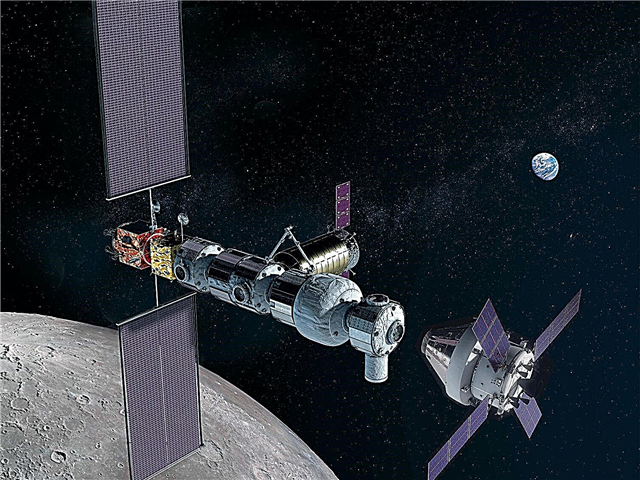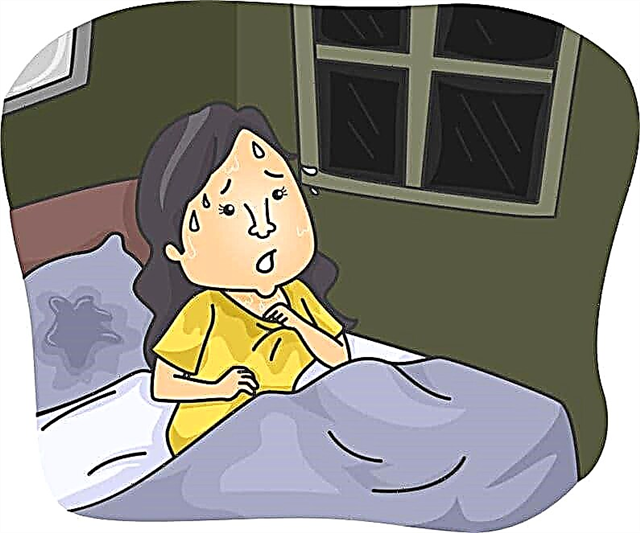
As an adult, a person sometimes barely manages to feel how a whole working week has flown by. Remembering this, many will ask themselves: why does a child and an adult have such a different perception of time? Indeed, every person who remembers his childhood can confidently confirm this fact: time flowed completely differently, every day was long for eternity.
There is no single answer to this question. But there are several assumptions that explain this anomaly, these hypotheses should be considered more carefully.
Time and features of children's perception
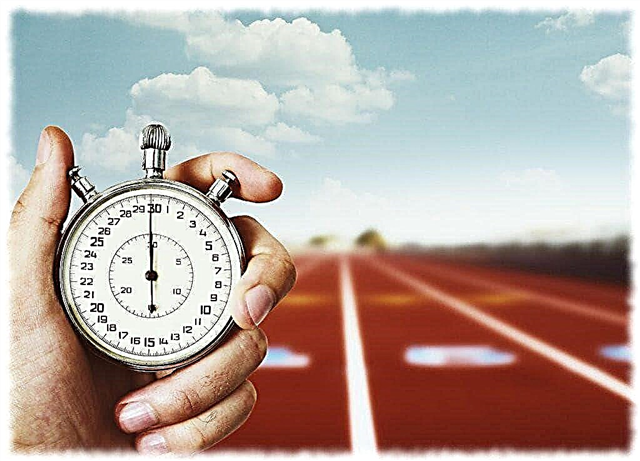
A person does not have the ability to evaluate time in the same way as distance or other obvious quantities. This is possible only when using a watch, stopwatch. Neither children nor adults have a direct, unrelated sense of time; instead, a person senses, perceives a series of events that happen to him. In this regard, the mind of any person is one.
Interesting fact: Having overslept for some time and waking up, a person does not know how much time he spent in his sleep, therefore, he hurries to look out the window to determine the time of day, or reaches for the clock. The same applies to most other actions.
Time is associated with events, this is how it is marked by the human mind. And in childhood, events that attract attention are revealed much more.In this period, everything is surprising, everything attracts attention, because there is an acquaintance with the outside world. Attention, memory works constantly, the brain is actively developing, filled with new information. This gives rise to anomalies with the perception of time, it seems that it has passed endlessly, although an ordinary day has remained behind. But this assumption is not the only one.
Cognitive processes slow down the subjective flow of time, you can conduct an experiment and verify this. 45 minutes of a lesson feel longer than 45 minutes of free time. The child's cognitive activity is higher than that of an adult, there is always a lot of new and interesting around. Therefore, the perception of time is different, it flows slowly. A routine with monotonous actions makes time subjectively fly faster, as every adult notes. Every day in a child is filled with events, in an adult, a whole week consists of a routine. Hence the difference in perception of time.
Child and time are other assumptions
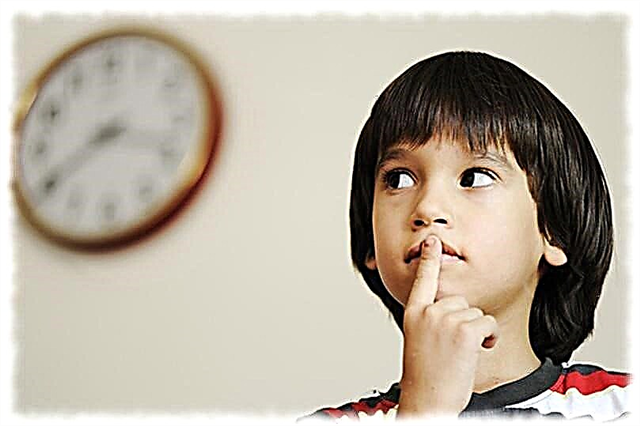
There is an opinion that the assessment of the length of time in a person occurs when the ratio of the lived period to the estimated. So, if you take the year as an example, then for a child who is 4 years old, this is a whole quarter of his life. But for a 40-year-old person this is already 1 40 life, a completely different segment, which is perceived differently. Children are already struggling with time, and additional factors create even more problems and confusion.
There is also an assumption that a sense of time is associated with the speed of metabolic processes in the body.At a young age, all processes proceed quickly, development progresses, which causes a feeling of extended time. With aging, metabolic processes stabilize, then proceed more slowly, regression occurs. Time subjectively flies faster.
Is there objectivity in the perception of time?
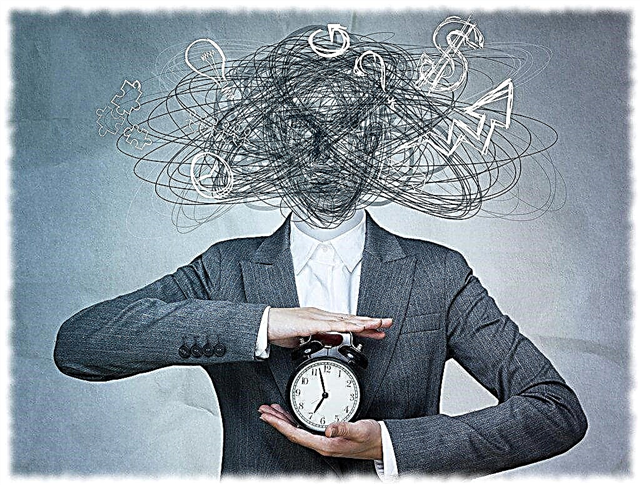
Time is not evenly felt, it is noted by all people. Pursuing an interesting occupation, a person may be surprised to note that he flew all day, passed like one hour. The same thing can be noticed when communicating with an interesting interlocutor, while remaining alone with a loved one. While doing unpleasant work, doing monotonous work, a person, on the contrary, notices that time passes too slowly. Not getting enough sleep, having come to work in the morning, a person might think that at least a couple of hours have passed, but in fact the clock hands barely moved by 15 minutes. This also happens. Someone even doubts that time is really a stable unit of measurement.
In fact, all the secrets lie only in the subjectivity of perception, in the features of the various processes taking place in the human brain. There are no anomalies in the course of time, it is homogeneous. You can put two people side by side, occupy them with different things, and get different assumptions from them about how much time has passed since the beginning of the experiment.
So children's perception of “slow time” is also associated only with the features of the functioning of the body, consciousness. Perhaps this is the physiology and metabolic processes that pass in children very quickly.Either this is cognitive activity of the brain or the ratio of the lived period of time with the estimated. In any case, this issue is still being investigated, various ideas are being put forward, and experiments are being set up. I want to believe that soon we will be able to find out the truth proved by science.


